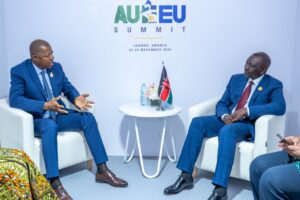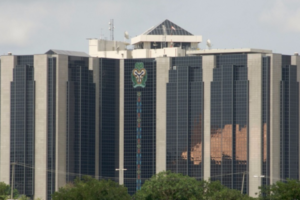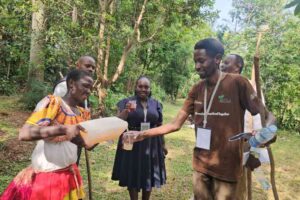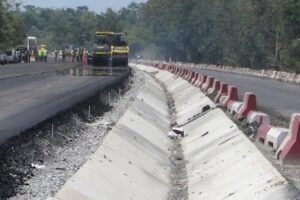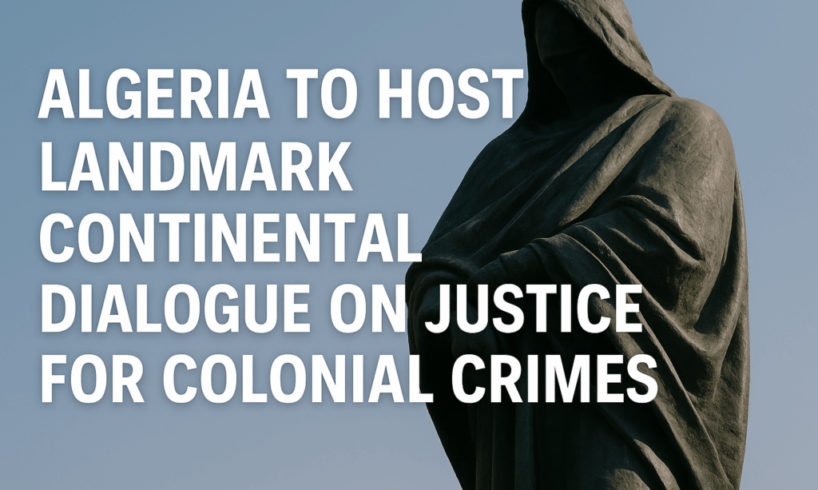
NAIROBI, Kenya Nov 25 – African countries, under the umbrella of the African Union (AU), are intensifying efforts to seek justice for the atrocities committed during the colonial era, as Algeria prepares to host a major international conference on the Crimes of Colonialism in Africa this weekend.
The high-level gathering in Algiers is expected to accelerate the AU’s push for a unified reparations policy representing the collective demands of all 55 member states. The conference aligns with the AU’s 2025 Theme of the Year: “Justice for Africans and People of African Descent through Reparations.”
In February 2025, AU member states adopted Assembly Decision 903(XXXVIII) during the AU Summit in Addis Ababa, formally endorsing Algerian President Abdelmadjid Tebboune’s offer to convene the meeting. The Algiers conference is intended to consolidate the continent’s positions ahead of global engagements on accountability and reparations.
On November 30 and December 1, President Tebboune will open the forum to hundreds of government ministers, policymakers, legal experts and historians from across Africa and the Caribbean — regions whose populations continue to grapple with the legacies of colonial exploitation.
“The meeting aims to formulate a unified African position on seeking justice and reparations for colonial-era injustices,” the Algerian government said in a statement.
Algeria’s Leadership Rooted in Historical Experience
Algeria’s pivotal role is shaped by its own painful past. The country endured 132 years of harsh French colonial rule from 1830 to 1962, marked by systemic violence, land dispossession, economic plunder and cultural suppression. That experience forms the backbone of Algeria’s longstanding advocacy for anti-colonial justice and the rights of oppressed peoples.
“Under the leadership of President Abdelmadjid Tebboune, Algeria is working to strengthen collective reflection and action aimed at criminalizing colonialism, slavery, racial segregation and apartheid as crimes against humanity,” an official document notes, echoing AU recommendations.
Agenda: Memory, Reparations and Legal Redress
The two-day deliberations will explore a wide array of themes, including:
Human and intergenerational trauma
Destruction and loss of African cultural heritage
Resource exploitation and unfair economic structures inherited from colonial rule
Environmental harms — including nuclear testing inflicted on African populations
Legal avenues to reinforce the criminalization of colonialism
Establishment of a permanent African mechanism for reparations and restitution
Experts will also examine how colonial systems shaped persistent socio-economic inequalities, cultural erasure and geopolitical imbalances.
Expected Outcome: The “Algiers Declaration”
A key outcome of the conference will be the adoption of the Algiers Declaration — a landmark continental document that will codify colonial crimes, articulate their enduring impacts, and outline Africa’s strategy for justice and reparations.
The declaration will be forwarded to the February 2026 African Union Summit for consideration and endorsement.
By hosting and initiating the dialogue, Algeria aims to reinforce Africa’s collective architecture for historical justice, strengthen global recognition of colonial crimes and advance concrete reparative measures for affected populations.

